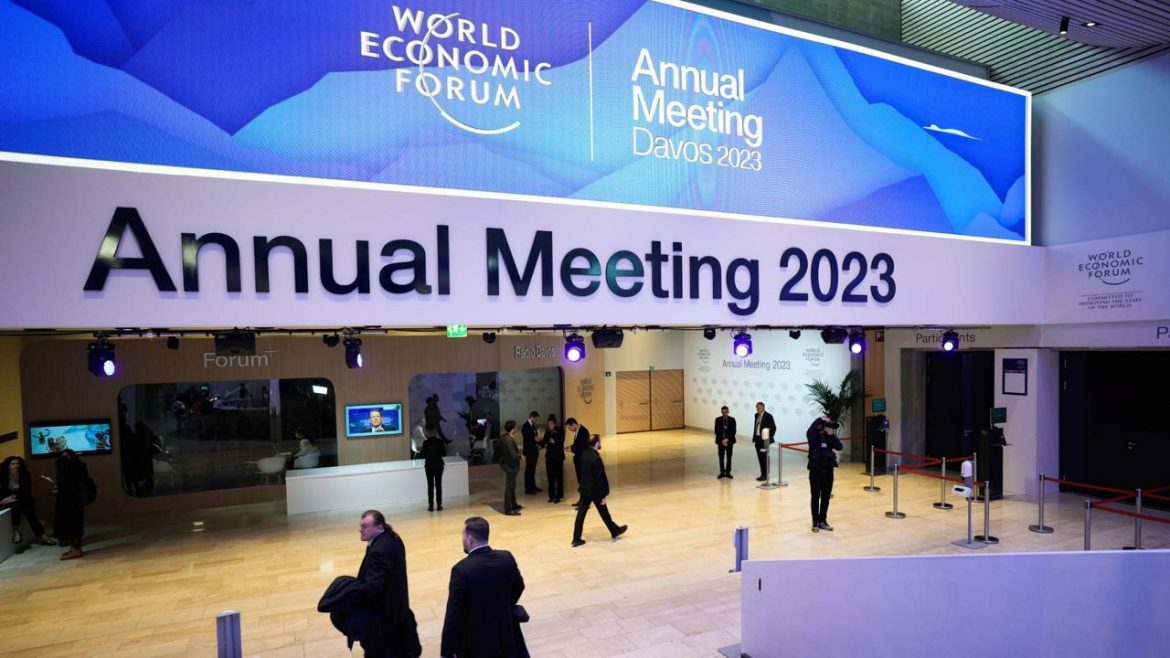The World Economic Forum’s annual conference is returning to the Swiss resort for the first time in three years.
According to reports, Politicians, executives, and financiers who travelled to Europe’s tallest mountains in the days leading up to the event were afraid that they would witness fewer blindingly white summits than in the past.
Due to a shortage of snow, many ski resorts in the Alps range are fighting to stay open this winter. Snowfall in Davos over the last few days has been a welcome sight.
From 2005 to 2015, the average January temperature in the ski town was about 36 degrees Fahrenheit. So far this month, the average temperature has risen by over seven degrees. Weather in one town can be difficult to link to climate change. But on the whole, extreme weather events are increasing around the world.
Read also: El Nio expected to return in 2023, scientists warn
In 2022, the U.S. was reported to have endured a total of 18 extreme weather events that caused damage of more than $1 billion, according to a report from the National Oceanic and Atmospheric Administration this week.
An analysis from the nonprofit Climate Central in 2021 found that megadisasters like these appeared every 18 days, on average, between 2017 and 2021. The average in the 1980s was 82 days.
Addressing and curbing climate change has become a priority for governments, businesses, and investors and data from the World Economic Forum, published ahead of the meeting’s beginning on Monday, highlights the mounting concern.
During the forum, participants are expected to among other things, focus on climate change, while critics of the gathering will be watching, and hoping it leads to more than just talk.
The WEF’s annual Global Risks Report, released on Wednesday, polled 1,200 government, business, and civil society professionals, asking them to estimate the severity of different risks in the short and long term. Half of the top 10 risks seen for the next two years are climate-related, while the cost-of-living crisis, geoeconomic confrontation, and societal polarization ranked high as well.
The two-year list includes natural disasters and extreme weather events; failure to mitigate climate change; large-scale environmental damage; failure to adapt to climate change; and natural resource crises. For the next 10 years, biodiversity loss and ecosystem collapse, categorized as a single item, are on the list as well, giving climate six of the top 10 spots.
According to another WEF report, done in collaboration with Boston Consulting Group, many low-carbon products—a potential part of solutions to climate change—still come at a hefty cost premium and will likely be in short supply over the next decade. But as the new technologies are produced at a larger scale and government intervention continues, the costs will drop and there will be opportunities for early movers to make fortunes.
WEF’s 2023 timetable showed that more than a third of the sessions are related to the topic of climate change. The word “climate” was mentioned 35 times in the agenda, more than “energy” 27 times, “geopolitics” 18 times, “war” 7 times, “inflation” 6 times, and “recession” 4 times.
Still, there has been no lack of criticism that global forums like the WEF are all about the talk and don’t lead to a lot of real action. Last year, many climate activists showed up in Davos, demonstrating their frustration and anger with world leaders and elites.
This story was adapted from Barron’s.
